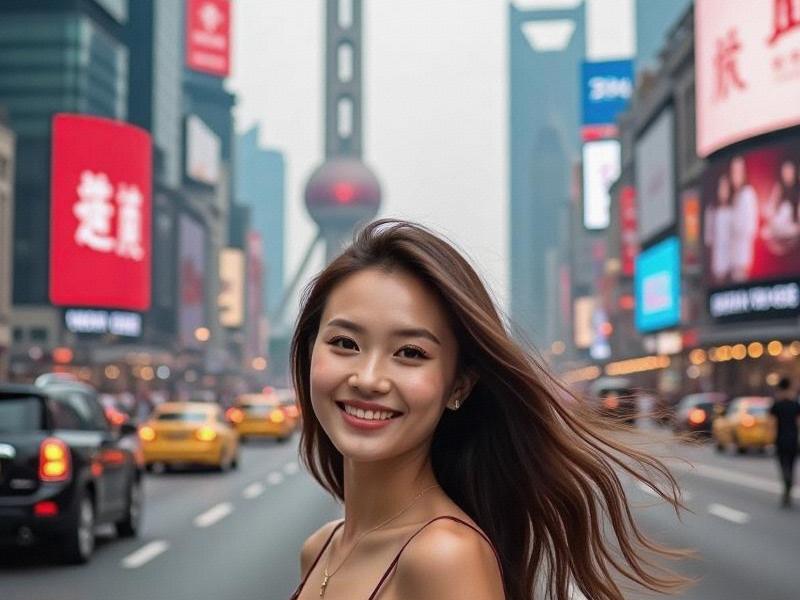An in-depth examination of how Shanghai's entertainment clubs have evolved from simple karaoke bars to sophisticated cultural hubs that reflect the city's unique blend of East and West.

The electric energy of Shanghai's nightlife pulses through the city's reinvented entertainment districts, where traditional Chinese hospitality meets global luxury in ways that defy conventional expectations. As the city that never sleeps redefines urban leisure, its entertainment clubs have become microcosms of Shanghai's broader cultural transformation.
Historical Foundations of Shanghai's Entertainment Culture
Shanghai's entertainment club scene traces its roots to the jazz age of the 1920s-1930s, when the city earned its reputation as the "Paris of the East." Today's venues carry forward this legacy while adapting to modern sensibilities. According to the Shanghai Cultural Market Administration, the city now boasts over 4,200 licensed entertainment establishments, generating ¥22.3 billion in annual revenue (2024 data). The average high-end club invests ¥8-15 million in interior design alone, creating immersive environments that transport guests to different eras and locales.
The New Generation of Hybrid Venues
Modern Shanghai entertainment clubs defy simple categorization. Venues like "Cloud Mansion" combine elements of:
- Traditional KTV with AI-powered vocal scoring systems
- Michelin-starred dining experiences
- Art gallery exhibitions
上海贵族宝贝自荐419 - Business conference facilities
"We're not just selling rooms - we're selling complete cultural experiences," explains Vivian Zhang, operations director at the prestigious Dynasty Club. Her venue features rotating themed nights blending Peking opera with electronic music, attracting both local elites and international visitors.
The Business of Pleasure
Entertainment clubs serve as crucial networking hubs in Shanghai's competitive business landscape. Corporate groups account for nearly 65% of weekday bookings at premium venues, with an average spending of ¥12,000-25,000 per event. Many clubs now employ multilingual staff and offer:
- Discreet meeting rooms with privacy glass
- Digital signature pads for contract discussions
- Cultural consultants to navigate business etiquette
The recently opened "Harmony International Club" even provides temporary office spaces that convert to entertainment areas after business hours.
上海贵族宝贝sh1314
Regulation and Social Responsibility
Following government reforms, Shanghai's entertainment industry has implemented strict compliance measures:
- Facial recognition entry systems linked to police databases
- Mandatory ID verification for all guests
- Transparent pricing systems displayed in all rooms
- Regular staff training on anti-harassment policies
These measures have helped the industry maintain 18% annual growth while meeting regulatory requirements, according to the Shanghai Nightlife Association.
上海娱乐联盟 Cultural Crossroads
Shanghai's entertainment venues increasingly serve as platforms for cultural exchange. The popular "East Meets West Club" features:
- Weekly language exchange nights
- Fusion cocktail menus blending baijiu with premium spirits
- Collaborative performances between Chinese and international artists
This cultural hybridity reflects Shanghai's unique position as China's most cosmopolitan city, where tradition and innovation constantly interact.
As Shanghai continues its ascent as a global metropolis, its entertainment clubs have become more than just places for leisure - they are theaters where the city's evolving identity is performed nightly. From discreet business dealings to explosive cultural fusions, these venues capture the essence of modern Shanghai: ambitious, sophisticated, and endlessly reinventing itself.